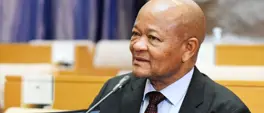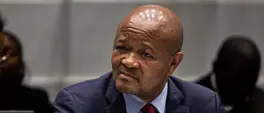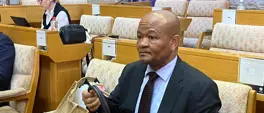DA defends Gwarube's agreement with Solidarity not to implement parts of BELA Act
Babalo Ndenze
3 December 2024 | 5:31Basic Education Minister Siviwe Gwarube has come under heavy criticism for the agreement with Solidary from some in the African National Congress (ANC) and COSATU.
CAPE TOWN - The Democratic Alliance (DA) has defended Basic Education Minister Siviwe Gwarube's agreement with trade union Solidarity to not implement parts of the BELA Act.
The party said the agreement was both "sensible and rational".
But the party said that President Cyril Ramaphosa must ultimately decide if he agreed with the recommendations of the agreement.
This comes after Gwarube, trade union Solidarity, and the National Economic Development and Labour Council (NEDLAC) signed a pact which proposed that clauses 4 and 5 on language and admission policy not be implemented.
ALSO READ:
• DA encourages other political parties to sign agreement to exclude 2 BELA Act clauses
• Gauteng's Chiloane rejects DBE's bilateral agreement with Solidariteit on BELA Bill
• Only one party in GNU signed agreement to exclude 2 clauses in BELA Act - Mashatile
Basic Education Minister Siviwe Gwarube has come under heavy criticism for the agreement with Solidary from some in the African National Congress (ANC) and COSATU.
But while President Ramaphosa said that the agreement had "no bearing in law", DA spokesperson, Willie Aucamp, said that the Presidency was privy to the agreement.
"This was a NEDLAC process. It was not a private agreement between Solidarity and the minister. The Office of the Presidency was present throughout this whole process and after obtaining a mandate from the Presidency, this agreement was signed by the deputy director-general within the office of the Presidency."
Aucamp said that while the president must ultimately decide, not even the clearing house mechanism can override NEDLAC.
"The president must ultimately decide if he agrees with these recommendations. It would be very destructive for any party to try to undermine a sensible settlement that is rational and that will move the country forward."
Aucamp agreed that clauses four and five were contentious but he said the DA would keep all its options open.















